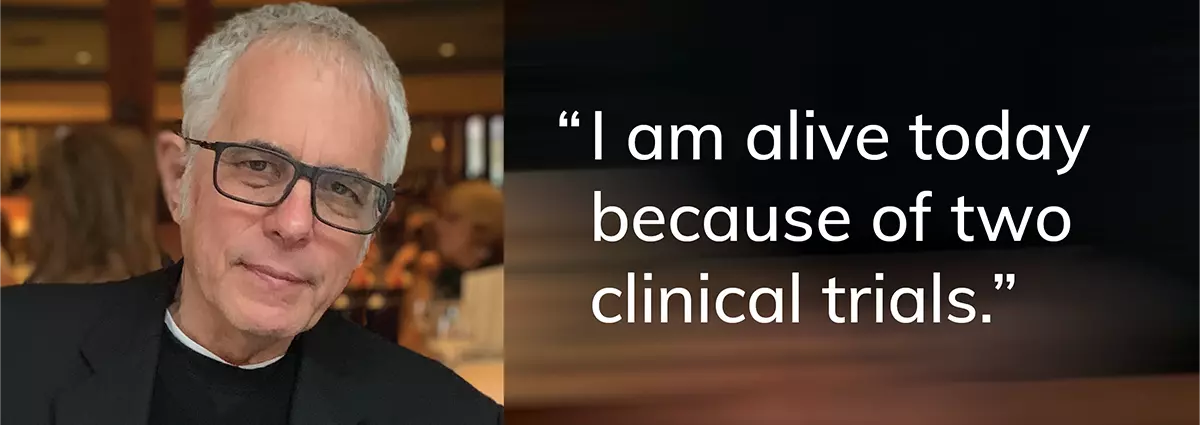
Clinical Trial Basics
In this section you can learn the basics about clinical trials, including FAQs, trial phases, how to navigate Clinicaltrials.gov, and much more…
Clinical Trial Basics
In this section you can learn the basics about clinical trials, including FAQs, trial phases, how to navigate Clinicaltrials.gov, and much more…
Home » Treatment and Research » Clinical Trial Basics
Three potential advantages a clinical trial may offer:
Early access to revolutionary therapies that are otherwise unavailable.
Expensive medications at no cost.
Careful medical monitoring, resulting in exemplary medical care.
FEATURE
Clinical Trials: Frequently Asked Questions (FAQ)
Considering a clinical trial may seem like a daunting prospect, but sometimes it can be the smartest strategy. Here are some basic questions to help you make a good decision.
1. What is a clinical trial?
The search for new and better treatments for chronic lymphocytic leukemia/small lymphocytic lymphoma (CLL / SLL) is constantly in progress. To develop new drugs or combinations of drugs to treat CLL / SLL, research is first completed in the laboratory and then moves into clinical testing also known as a clinical trial to continue studying the safety and efficacy of these agents which has already been supported by basic science investigation and analysis. This research is critically important to advance the treatment of CLL / SLL and is required by the Food and Drug Administration (FDA) for all new drug approvals.
2. Why should I consider entering a clinical trial?
Entering a clinical trial may allow access to a new drug, combination of drugs, or innovative therapy otherwise not yet available which may offer the best treatment possible. Clinical trial participants contribute to progress in CLL / SLL research and assist in identifying better treatments. Read More.
How to Understand and Get the Most Out of ClinicalTrials.gov
Clinicaltrials.gov is a US-based website that requires companies and investigators to post information about clinical trials in a public forum. All US trials should be posted within about 3 weeks of when the sponsor (company) or investigator plans to start dosing (giving the test medication) to the first patient. The site is organized by a simple listing, by topic, by geographic map, or specific search details or search terms. You can search by various topics, such as disease type (or condition which is the term that clinicaltrials.gov uses), previously treated or untreated (treatment naïve), drug or drugs being studied (also known as interventions on clinicaltrials.gov), and phases of clinical trials, like phase I, II, and III. (See http://cllsociety.org/2016/03/trial-phases/ for an explanation from the NIH about the different trial phases). It will also help you search for trials that are open and seeking or recruiting new patients compared to those that are running but not looking for new patients, or those that are already completed.
To help get you familiar with some terms commonly used on the website, here is a glossary to guide you: Read More.
ARTICLES ABOUT CLINICAL TRIAL BASICS

RECENT NEWS
When appropriate, the CLL Society will be posting updates and background information on the present Coronavirus pandemic focusing on reliable primary sources of information and avoiding most of the news that is not directly from reliable medical experts or government and world health agencies.
















